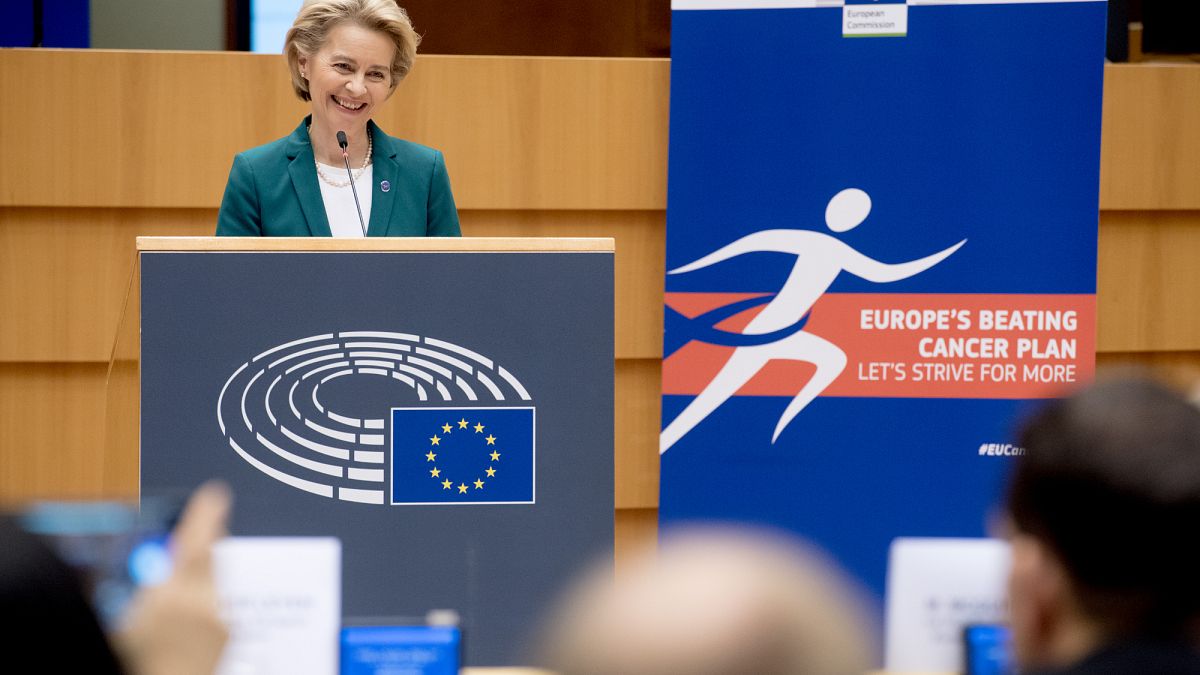Emerging priorities such as defence and competitiveness are increasingly drawing resources away from other sectors, raising concerns that health – a key focus of the previous EU mandate – may pay the highest price in the upcoming long-term EU budget.
The European Commission is expected to unveil its proposal for the next seven-year budget in July. However, early leaks and mounting speculation suggest that the dedicated health fund could be merged with broader funding instruments, or potentially scrapped altogether.
Although health policy is primarily the responsibility of national governments, EU member states allocated €5.3 billion for health through the EU4Health programme in response to the COVID-19 pandemic. This marked the first time a standalone health budget was created at the EU level.
Prior to this, EU health initiatives operated with much smaller resources: The health programme for 2014–2020 had a total budget of just €450 million, significantly less than EU4Health.
Since its launch, EU4Health has financed a range of initiatives, such as a recent €1.3 million project to address the nursing shortage across Europe by promoting the profession in countries most affected.
Yet many fear that the programme will not survive the next programming cycle. Even some EU officials have hinted that EU4Health may have been a one-time measure.
A political battle for health funding
Lawmakers have raised alarms about the potential disappearance of EU4Health and its impact on flagship initiatives from the previous term, such as the Beating Cancer Plan.
Croatian MEP Tomislav Sokol pointed out the importance of maintaining a dedicated health budget since health has become one of the most important topics in the EU after the pandemic.
For this reason, the EU has opted to create a separate health programme within the bloc’s budget to support initiatives like the EU health data space and the European reference networks.
“If we’re not able to protect this, I’m afraid this will all be diluted and absorbed by some other big funds in the budget, and we will lose this focus on healthcare that we have now,” he told Euronews.
Sokol also cited newer priorities like the Critical Medicines Act, arguing that they, too, will require substantial EU funding.
“Of course, healthcare remains largely a national responsibility, but EU support is needed to create a level playing field across member states,” he added.
Industry voices join the call
Concerns over future health investment stem in part from recent budget reallocations. In February 2024, approximately €1 billion was redirected from EU4Health to help finance an aid package for Ukraine.
The looming cuts are causing anxiety in the health sector. The PHSSR – a coalition of academics, policymakers, and politicians working on sustainable health systems – highlighted the need for continued investment in a recent report ahead of the Commission’s proposal.
In an interview with Euronews, AstraZeneca senior vice-president Greg Rossi, who participated in the PHSSR, stressed that Europe risks falling behind in life sciences.
“We’re seeing massive innovation and opportunity in improving health outcomes. My area, cancer, has seen extraordinary advances in the last 10 to 15 years. But Europe is losing ground,” he said, adding that research and development funding has declined, with clinical trials increasingly moving out of Europe.
He warned that, without specific health investment initiatives like a dedicated EU health funding, access to innovation will worsen, health outcomes will deteriorate, and Europe’s competitive edge will erode.
“Health is an investment to be made, not a cost to be managed. And if we do so, we’ll improve the health and the wealth of our countries,” he said.
What comes next?
The European Commission is preparing a comprehensive overhaul of the its long-term budget, also known as Multiannual Financial Framework (MFF) post-2027.
The aim is to make it simpler, more effective, and more aligned with evolving policy priorities.
Currently, the MFF stands at around €1.2 trillion – roughly 1% of the EU’s GDP. Commission President Ursula von der Leyen is considering a major restructuring of the MFF for 2028–2034, possibly moving away from the current system of over 50 EU-level programmes.
Budget Commissioner Piotr Serafin previously indicated that the next budget proposal will focus on “fewer, more focused programmes” and a more strategic, ambitious framework.
The European Commission’s proposal, expected in mid-July, will offer the first concrete signal of what lies ahead for health funding in the EU.
Read the full article here


